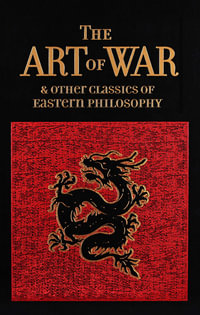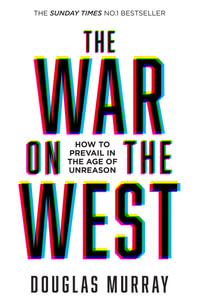John Stuart Mill's best-known work is "On Liberty "(1859). In it he declared that Western society was in danger of coming to a standstill. This was an extraordinarily pessimistic claim in view of Britain's global dominance at the time and one that has been insufficiently investigated in the secondary literature. The wanting model was that of China, a once advanced civilization that had apparently ossified.
To understand how Mill came to this conclusion requires one to investigate his notion of the stages from barbarism to civilization, and also his belief in imperialism as part of the civilizing process. Here India plays a central role, as both Mill and his father worked for the East India Company. This study, then, investigates the relationship between Mill's liberalism and his justification of imperialism. It takes us into the Utilitarianism of his family background, and such other influences as Romanticism, Scottish political economy and such key French thinkers as Saint-Simon, Guizot, Comte and Tocqueville. Mill, then, provides the focus of a debate on the origins, meaning, and consequences of Western civilization. It encompasses discourses on colonialism and orientalism, on Enlightenment optimism and conservative despair, on the need for leadership and the advance of democracy; in short, on the blessings, curses and dangers of modernization from approximately the time of the American and French revolutions to that of the so-called mid-Victorian calm in which "On Liberty" was written. Furthermore, current political issues concerning the West and Islamic countries have heightened interest in just the kind of question that this book discusses: that of how the West relates to, and assesses, the rest of the world.
Industry Reviews
"A penetrating study of an under-explored, but crucial, Victorian theme - Levin sheds much light on the concept often held to underpin Victorian thought, 'progress', by investigating both how its most famous exponent developed an account of what separated 'civilisation' from 'barbarism', and how it was possible not only to emerge from the latter to the former, but equally to fall back from civility to barbarity or a stagnant 'stationary' condition by failing to cultivate and reinforce a 'striving, go-ahead' entrepreneurial personality and British national character. This is a major study of one of the period's great themes which skilfully weaves together an account of Mill's political, philosophical, historical and imperial concerns."
-Gregory Claeys, University of London
























